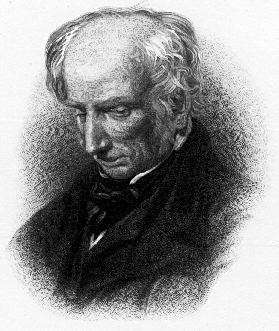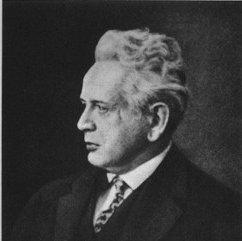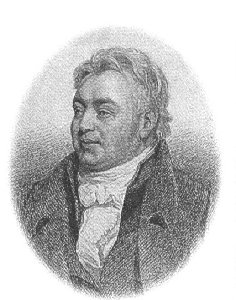
Wordsworth

Cassirer

Coleridge
| Interiorization/Internalization |
- It seems for the
moment as though some invisible sorcerer had been conjuring them all inside
ourselves--sucking them away from our own warm flesh and blood, down into
the shadowy realm of thoughts and feelings. There they still repose; astrology
has changed to astronomy; alchemy to chemistry; today the cold stars glitter
unapproachable overhead, and with a naive detachment mind watches matter
moving incomprehensibly in the void. At last, after four centuries, thought
has shaken herself free. (138)
- If history has been
par excellence the period of developing thought, prehistory was par excellence
the period of developing language--the period of the original emergence
of speaker's meaning from lexical meaning, the period therefore during
which man was slowly and painfully extracting his subjectivity from language;
that is, as Cassirer, for one,
has so convincingly demonstrated, from the inside of nature through the
medium of language. . . . "Man was extracting . . ." it was said, but since
the very thing he was extracting was his own subjectivity, he ought not
to have been the subject of a sentence at all. "The period during which
man's subjectivity was being extracted . . ." would have been more accurate,
if less elegant. (SM 110-11)
- We receive but what
we give
And in our life alone does Nature live. (SA 130)
in a season of calm weather"Both ontogenetically and phylogenetically," Barfield reminds in Speaker's Meaning,
Though inland far we be,
Our souls have sight of that immortal sea
Which brought us hither. (quoted in RM 87)
- subjectivity is
never something that was developed out of nothing at some point in space,
but is a form of consciousness that has contracted from the periphery into
individual centers. Phylogenetically, it becomes clear to us that the task
of Homo sapiens, when he first appeared as a physical form on earth,
was not to evolve a faculty of thought somehow out of nothing, but to transform
the unfree wisdom, which he experienced through his organism as given meaning,
into the free subjectivity that is correlative only to active thought,
to the individual activity of thinking. (113-14)
- Between his receptor
system and his effector system (which he shares with the animals) man has
this "symbolic system," as Cassirer calls it. What is its function? Its
function is to create that aesthetic "distance" between himself and the
world, which is the very thing that constitutes his humanity. It is what
frees him from the world. He is no longer a peninsula pushed out by natural
forces. He is a separated island existing in a symbolic universe. Physical
reality recedes in proportion as his symbolic
activity advances. He objectivizes more and more completely. But the symbols
were the product of his own inner activity in the first place and they
never really lose that character, however completely his very success in
objectifying them may make him forget the fact. Forever afterwards, in
dealing with things he is, as Cassirer puts it, "in a sense conversing
with himself." (47)
| See in particular "Subject and Object in the History of Meaning" (SM 92-118), Unancestral Voice, passim, What Coleridge Thought, passim. |